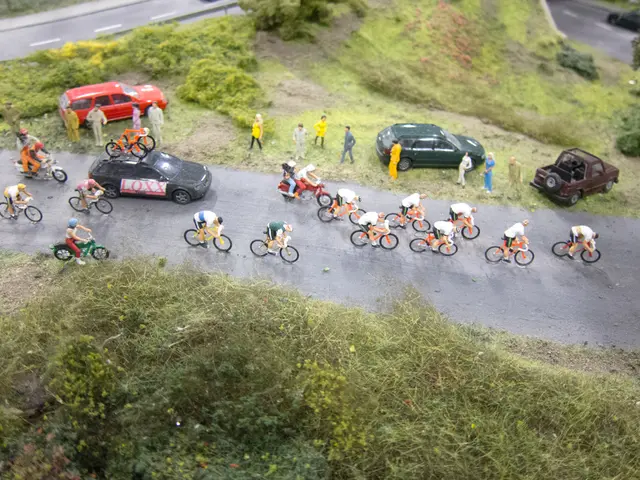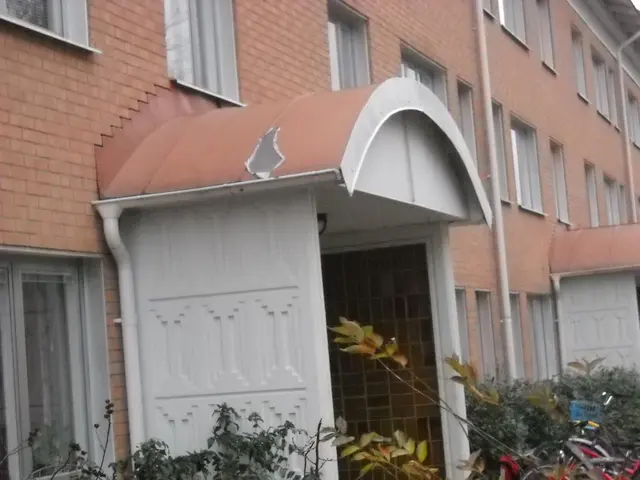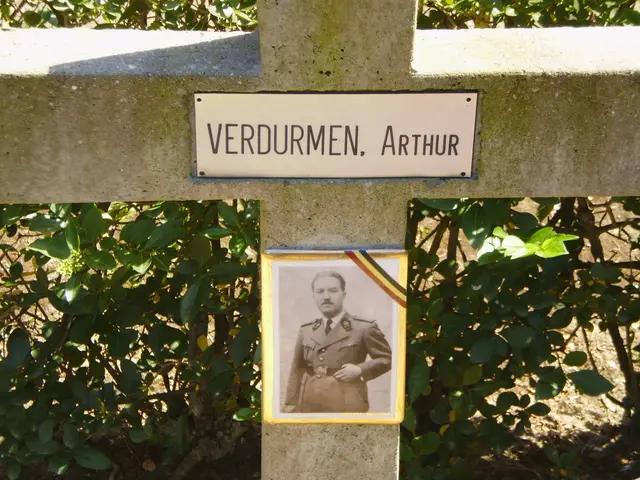Green Week Berlin: Bioenergy Powers Event, CEO Calls for Fossil Fuel Phase-Out
At the Green Week in Berlin, visitors' energy needs are met sustainably using biomass from forests. This method, compared to oil, emits significantly less CO2. Philipp Vohrer, CEO of the Agency for Renewable Energies (AEE), emphasizes the role of bioenergy in the energy transition.
The Funkturm boiler, with a capacity of 5 megawatts, is one of Europe's largest, using wood pellets for heat production. This technology has evolved from primal campfires to modern applications, including municipal heat networks and events like the Green Week.
Vohrer warns that leaving fossil resources in the ground is crucial for effective climate protection. Each year, humanity burns fuels that took millions of years to form. He criticizes the subsidization of fossil heating systems, calling for consistent carbon pricing to drive the heat transition.
A study by the Bundesverband Erneuerbare Energie e.V. (BEE) in 2018 highlighted the potential of biomass as an energy carrier in Germany. Wood accounts for the majority of renewable heat supply, with its energetic use considered climate-neutral apart from emissions from transport and processing.
Investments in bioenergy heating solutions in Germany fell from 1.5 billion euros in 2013 to 1.2 billion euros in 2016. Despite this, bioenergy remains a central pillar of the energy transition, as demonstrated at the Green Week. Consistent policies and pricing are needed to encourage further adoption and reduce reliance on fossil fuels.
Read also:
- Wind Farm Controversy on the Boundary of Laois and Kilkenny
- Delaware's contentious offshore wind project faces uncertainty as the Trump administration reverses course on clean energy initiatives.
- Texas greenlights $1.8 billion investment for solar, battery, and gas-based microgrid construction
- Trump initiated an order to maintain the operation of a Michigan coal power plant, which was gearing up for closure.








